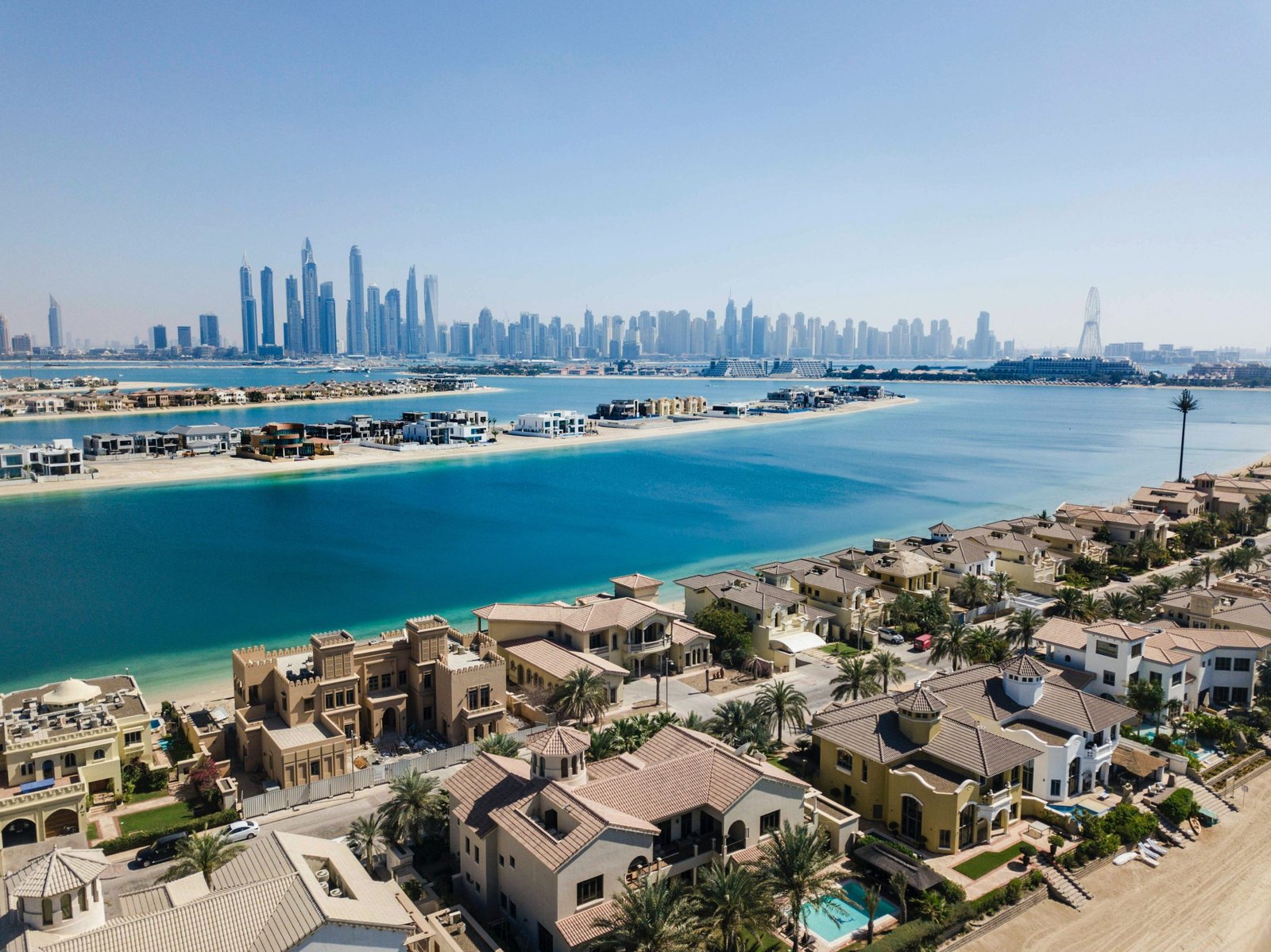In the third quarter of 2023, the Dubai real estate market witnessed a significant drop in rents, particularly in prime areas. According to recent reports, rents in these sought-after locations fell by over 20%. While this may seem like good news for tenants, it raises concerns about the overall health of the property market and the economy as a whole.
One of the main factors contributing to the decline in rents is the oversupply of properties in Dubai. In recent years, there has been a surge in construction projects, resulting in a flood of new properties entering the market. This increased supply has outpaced the demand, leading to a downward pressure on rents.
Another issue exacerbating the problem is the economic slowdown. Dubai, like many other cities around the world, has been grappling with the effects of the global pandemic. The pandemic has disrupted various industries, including tourism, hospitality, and retail, which are major contributors to the Dubai economy. As a result, many businesses have downsized or closed down, leading to a decrease in demand for commercial spaces and residential properties.
Furthermore, the introduction of new laws and regulations has also impacted the real estate market in Dubai. The government has implemented measures to curb speculation and ensure a more sustainable growth of the property sector. These regulations include stricter lending criteria, higher transaction fees, and limits on off-plan sales. While these measures are aimed at stabilizing the market in the long run, they have had a short-term impact on rents.

It’s important to note that the decline in rents is not limited to prime areas alone. Suburban areas and secondary locations have also witnessed a drop in rental prices, although to a lesser extent. This indicates that the oversupply issue is not confined to specific areas but is prevalent across the city.
So, what does this mean for the real estate market in Dubai? While falling rents may be beneficial for tenants in the short term, they raise concerns about the profitability of property investments. Investors who have purchased properties with the expectation of high returns may face challenges in generating rental income. This could lead to a decrease in investor confidence and a slowdown in new property developments.
However, there is a silver lining amidst the current challenges. The decline in rental prices presents an opportunity for tenants to upgrade to better locations or larger properties at more affordable rates. It also allows businesses to negotiate better lease terms and reduce their operating costs. In the long run, this could attract more residents and businesses to Dubai, stimulating economic growth.
In conclusion, the falling rents in prime areas of Dubai are a result of multiple factors, including oversupply, economic slowdown, and regulatory changes. While this poses challenges for property investors, it also presents opportunities for tenants and businesses. The real problem lies in finding a balance between supply and demand, and ensuring a sustainable growth of the real estate market in Dubai.





